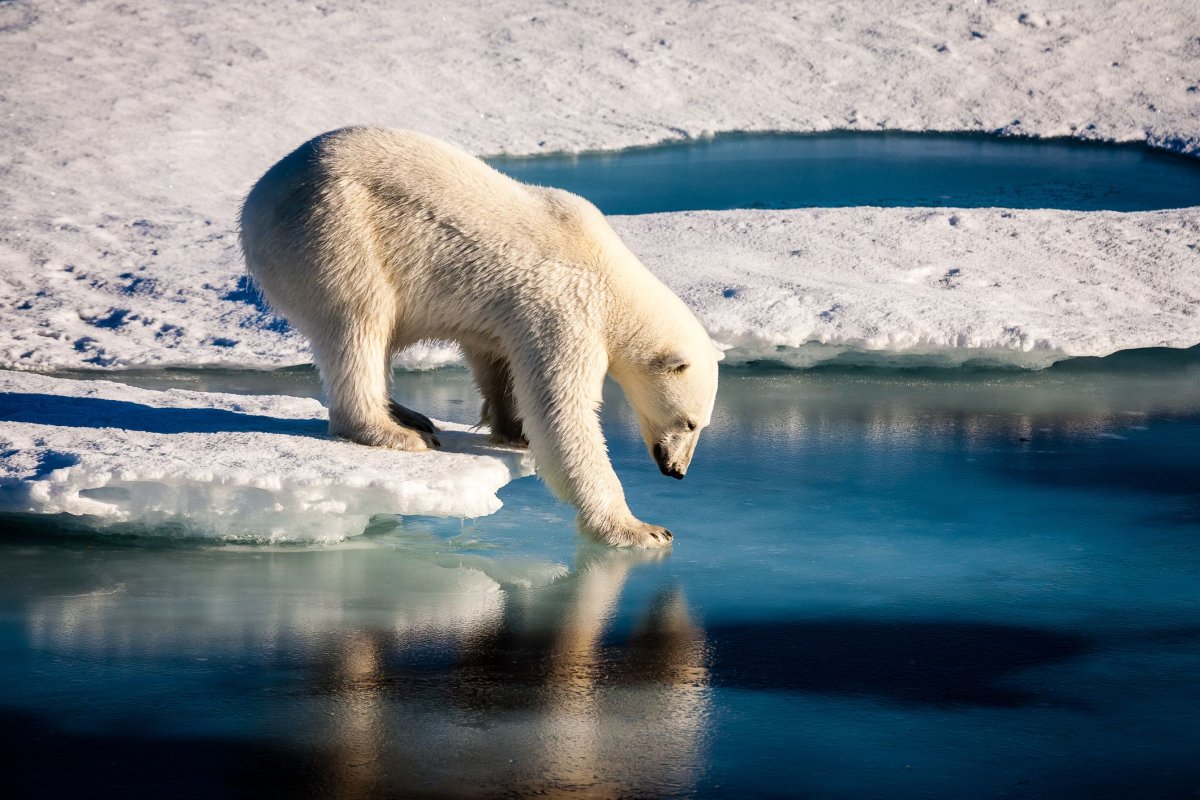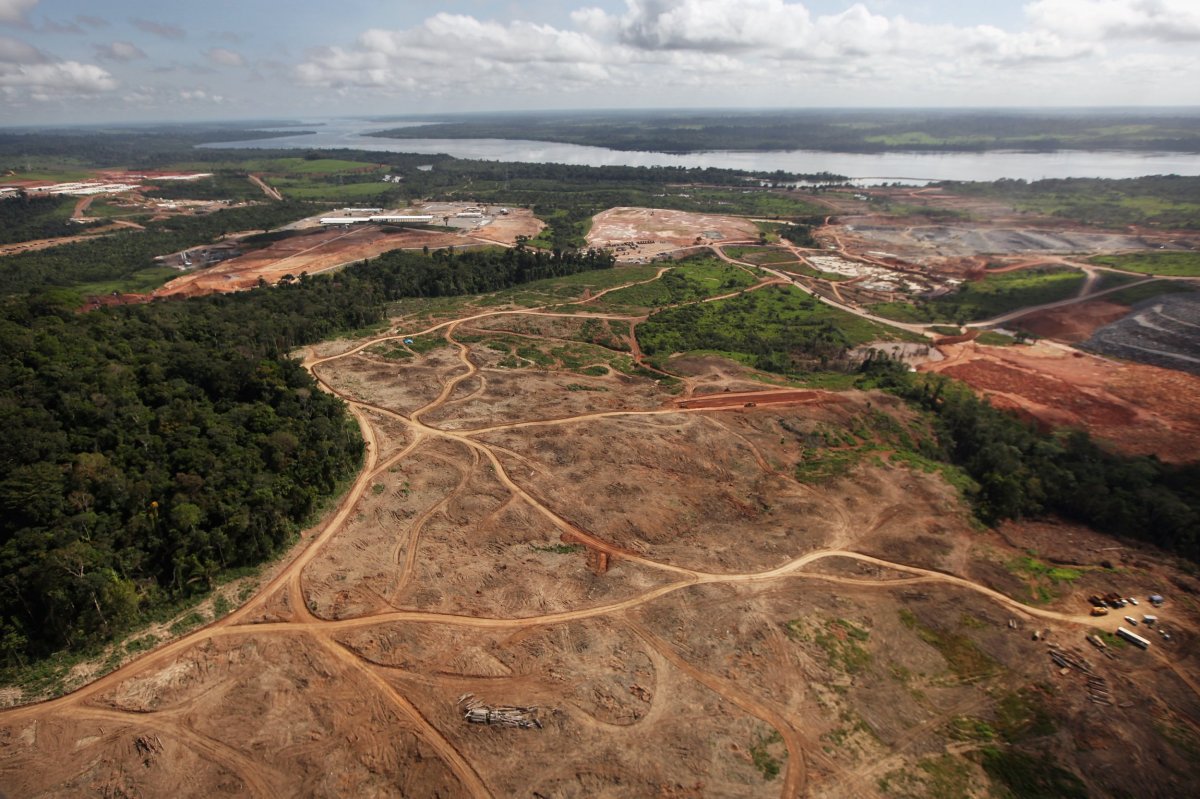There has been a 60 percent drop in populations of mammals, birds, fish, reptiles and amphibians over the past 40 years, a "sobering" report has revealed. Scientists with the World Wildlife Fund (WWF) found the biggest decline was seen in freshwater wildlife, which has experienced a fall of 83 percent since 1970. It also showed that 20 percent of the Amazon has disappeared in the past 50 years.
The WWF's Living Planet Report is released every two years to provide a "comprehensive view" of the health of Earth. It uses data from the Living Planet Index—a tool that tracks trends of global wildlife—and looks at 16,704 populations of 4,005 vertebrate species. In a statement, the charity said the latest analysis shows we are "pushing our planet to the brink" and are "taking an unprecedented toll on wildlife."
Human activity was found to have the biggest impact on wildlife—the biggest drivers of biodiversity loss were overexploitation and agriculture. Over the past few decades, humans have disrupted oceans, forests, mangroves, coral reefs and wetlands. Marco Lambertini, director general of the WWF, said the report's findings were "astonishing."

"We have known for many, many years that we are driving the planet to the very brink," he said in the report. "This is not a doom and gloom story; it is reality."
He added, "Our day-to-day life, health and livelihoods depend on a healthy planet. There cannot be a healthy, happy and prosperous future for people on a planet with a destabilized climate, depleted oceans and rivers, degraded land and empty forests, all stripped of biodiversity, the web of life."
Ken Norris, director of science at the Zoological Society of London, which provided the data for the report, said that while the statistics are "scary," it does not mean we should give up. "We have an opportunity to design a new path forward that allows us to co-exist sustainably with the wildlife we depend upon. Our report sets out an ambitious agenda for change. We are going to need your help to achieve it," he said in a statement.

The report calls for people, businesses and governments to come together to make a "global deal for nature" to preserve diversity of wildlife on the planet. "We have two main problems," Lambertini said. "First, and perhaps the greatest, is the cultural challenge. For too long we have taken nature for granted, and this needs to stop. The second is economic. We can no longer ignore the impact of current unsustainable production models and wasteful lifestyles. These must be accounted for and addressed."
He added, "We can be the founders of a global movement that changed our relationship with the planet, that saw us secure a future for all life on Earth, including our own. Or we can be the generation that had its chance and failed to act, that let Earth slip away. The choice is ours."
Uncommon Knowledge
Newsweek is committed to challenging conventional wisdom and finding connections in the search for common ground.
Newsweek is committed to challenging conventional wisdom and finding connections in the search for common ground.
About the writer
Hannah Osborne is Nesweek's Science Editor, based in London, UK. Hannah joined Newsweek in 2017 from IBTimes UK. She is ... Read more
To read how Newsweek uses AI as a newsroom tool, Click here.








